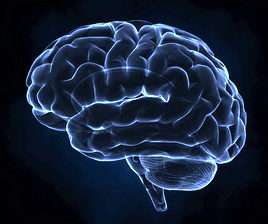Synthesizing Findings on Cognitive Flexibility and Self-Injurious Thoughts and Behaviors
Society of Clinical Psychology
JULY 14, 2023
Although studies varied to some extent in terms of their findings, cognitive flexibility did not appear to be consistently or strongly associated with a history of SITB when researchers accounted for other mental health problems like depression. Clinical Psychology: Science and Practice. Chung (M.Sc) is a Clinical Psychology Ph.D.













Let's personalize your content